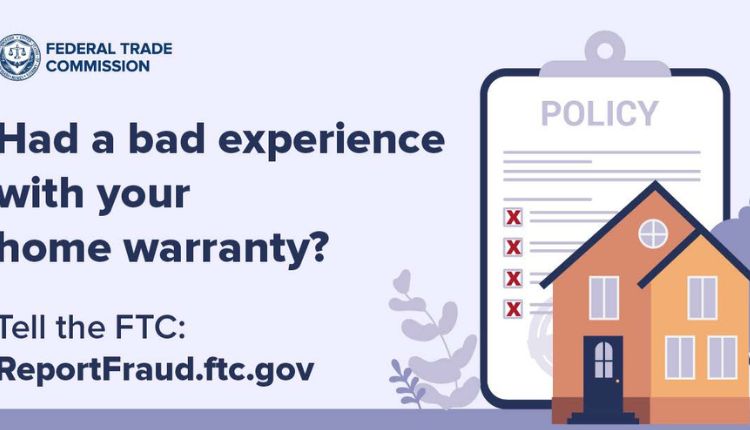Appliance Warranty Protection – How To Protect Your Appliances From Repair Costs
An appliance extended warranty, also known as a protection plan or service contract, is designed to protect against unexpected repair costs. These plans cover a wider range of issues than a manufacturer’s limited warranty and are often sold by retailers after the initial purchase. However, they are not a necessity. In fact, they can be a waste of money.
In-Home Service Calls
When an appliance or system breaks down, you call your warranty provider to request a repair technician. Your provider will then send a technician to your home to diagnose the issue and determine if the appliance can be repaired or needs to be replaced. This process is typically free, but you may be charged a one-time service fee for the diagnostic visit. Manufacturer warranties are included with most new appliances for a limited period of time. However, many manufacturers also offer extended warranties, which are available for an additional monthly fee after the manufacturer’s warranty expires. These may extend the original warranty period, provide more extensive coverage or both.
Consider the cost-benefit ratio when deciding whether to purchase an appliance extended warranty for your home appliances. Review the terms and conditions, especially any exclusions and limitations, as these may make your plan less valuable. You should also assess your risk tolerance to understand how much you’re comfortable paying for potential out-of-pocket costs.
Parts And Labor
The best appliance extended warranties cover parts and labor costs for the repair or replacement of covered appliances. This is a big help if you are not skilled or comfortable with DIY repairs and want professional repairs done by a qualified technician. You can also look for a warranty that provides a no-lemon guarantee, food spoilage protection and surge protection. For instance, New Leaf offers an appliance warranty that covers 100% of parts and labor costs, provides unlimited service calls and has a no-deductible policy. Its plan also includes a one-year guarantee and 24/7 claims filing support. It only covers single family use products and excludes commercial or rental properties, however.
Whether to get an extended appliance warranty depends on the cost-benefit ratio, risk of damage or malfunction, and the length of time you plan to keep the product. Other alternatives include setting aside money each month for repair expenses or buying a credit card that provides appliance insurance coverage.
Coverage Length
An appliance extended warranty extends the manufacturer’s original warranty for an additional period of time at a cost. Often, they include a deductible and specific terms that spell out what types of repairs or replacements are covered. Many manufacturers, retailers and third party providers offer them. It’s important to consider how much wear-and-tear your product is likely to experience before purchasing an extended warranty. It’s also important to know your own risk tolerance for unexpected out-of-pocket costs, especially if you plan on selling the item in the future.
Some stores that sell appliances have in-house extended warranties available, such as LG Premium Care. This covers parts, labor and even provides food loss reimbursement with no deductible. However, it only covers products for single family use and excludes appliances used in commercial or public rental settings. Other companies, such as GE and Best Buy, partner with a third party for their appliance protection plans. These usually have a higher price tag and include more comprehensive coverage.
Exclusions
Appliances undergo a lot of wear and tear, and appliance warranty protection offer consumers the protection they need to avoid paying for repair costs. However, warranty terms can vary significantly and include exclusions. To get the most out of your appliance protection plan, make sure you understand the terms and conditions before making a purchase.
Many retailers sell extended warranty plans for appliances, also known as product protection plans or home appliance insurance. They can be purchased directly from the manufacturer or a third party. Typically, these plans cover appliances after the limited manufacturer’s warranty expires. Some credit cards also offer complimentary extended appliance warranties for items that are purchased using the card.
Conclusion
Purchasing appliances typically requires extensive research and second-guessing, but consumers can add a home appliance warranty to save on repair costs. These warranties connect homeowners with vetted service technicians for troubleshooting and repairing covered appliances. However, a warranty is not a substitute for regular maintenance or repairs. It is also important to understand warranty terms and conditions to avoid unnecessary expenses.
